Dynamic comparison between Nikon D800 and Sony RX100
Last summer I bought a Sony RX100 as an "always on" camera. camera, I bought a Sony RX100. In various reviews, especially the good sensor was praised, so my choice fell on this camera. With one inch, the sensor is significantly larger than in other compact cameras, but of course still a lot smaller than an APS-C sensor, let alone the full-frame sensor of the D800. Just like the D800, the RX100 supports raw format, which is also the format I shoot in by default. However, when editing the photos, I often had the feeling that you can't save much, especially in areas that are too bright, despite the raw format. So I did a little test to see how the RX100 compares to the D800.
As already mentioned, I use the raw format for all photos. To be fair, I have to add that with the Nikon I use the 14 bit raw format. There is no such setting on the Sony. While there is no difference in dynamic range between 12 and 14 bit, there are significantly more gradations per color channel, 4096 for 12 bit and 16384 for 14 bit. In the JPG format, by the way, there are only 8 bits, i.e. a maximum of 256 gradations.
The test photo is just the view from our balcony :-) All photos are taken at ISO 100 and constant aperture, only the exposure times differ.
Here now the normal photo of the D800:
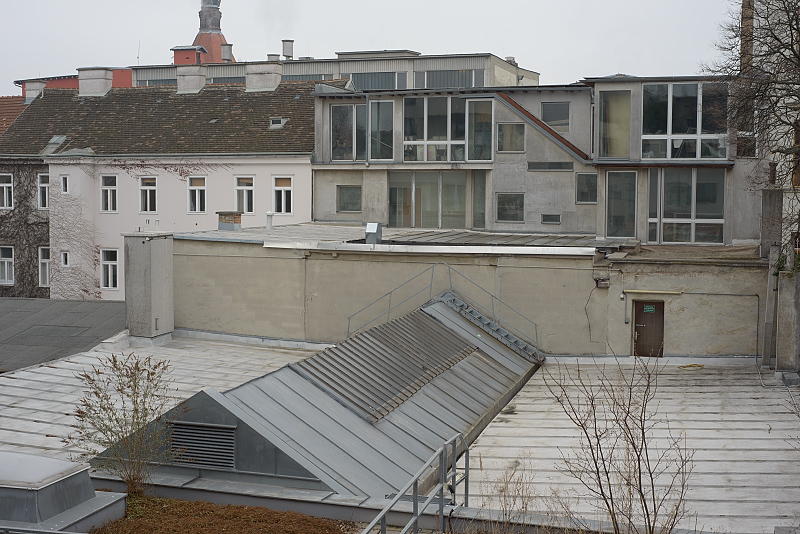
And here the same photo with the RX100:
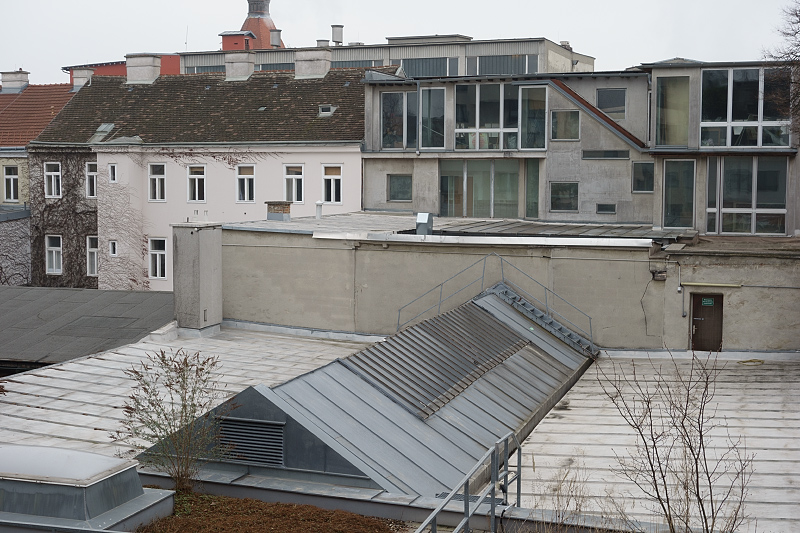
This is what the overexposed photo of the D800 looks like:
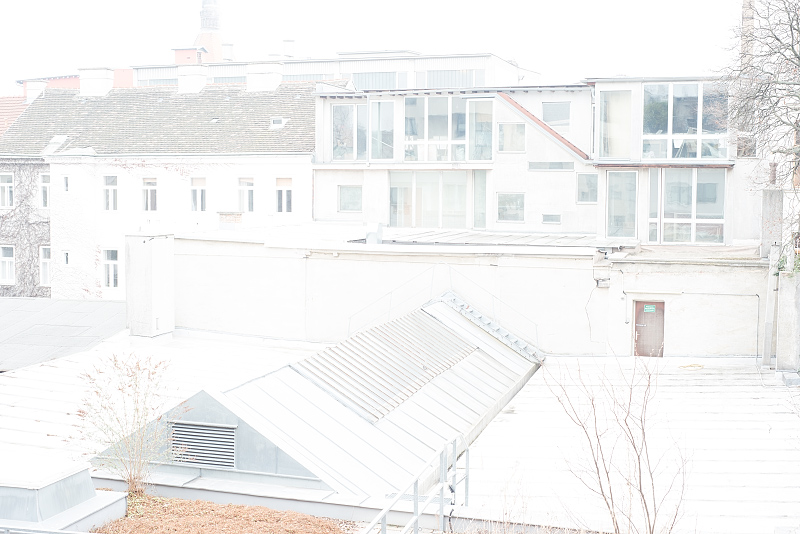
The overexposed photo of the RX100:
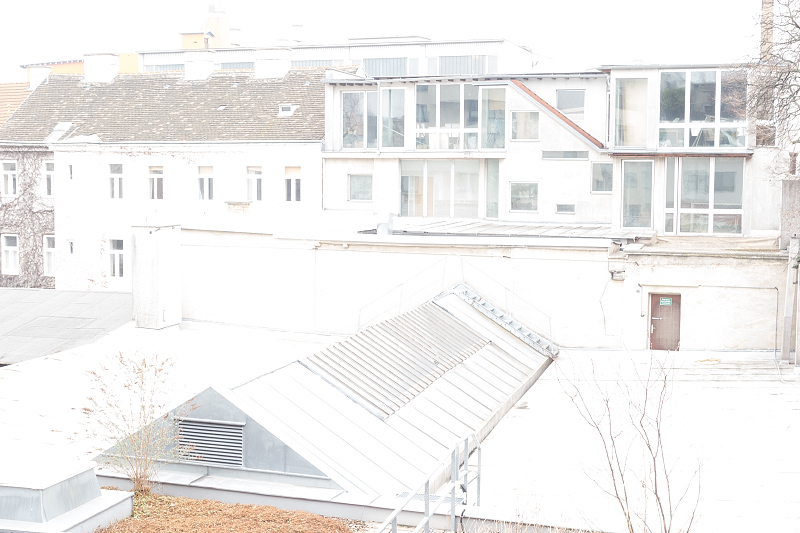
For image correction, I used Adobe Camera Raw 8.3. After playing around with the controls for a while, my best results look like this:
D800
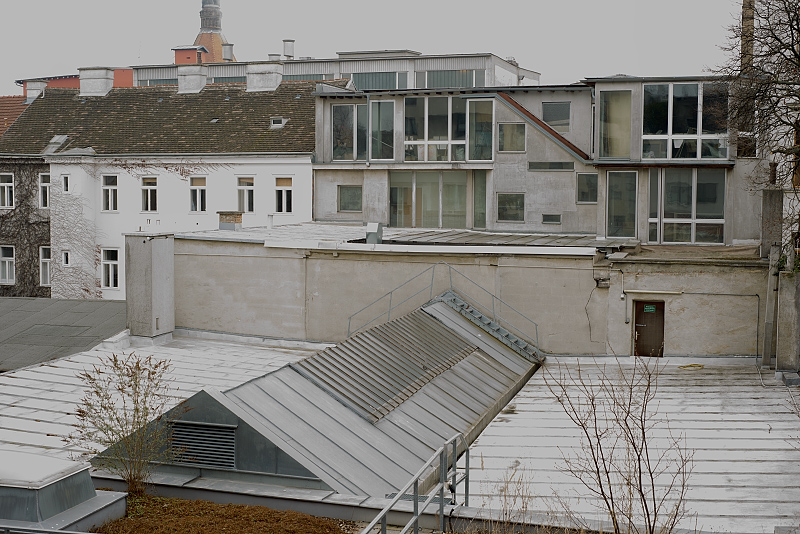
RX100
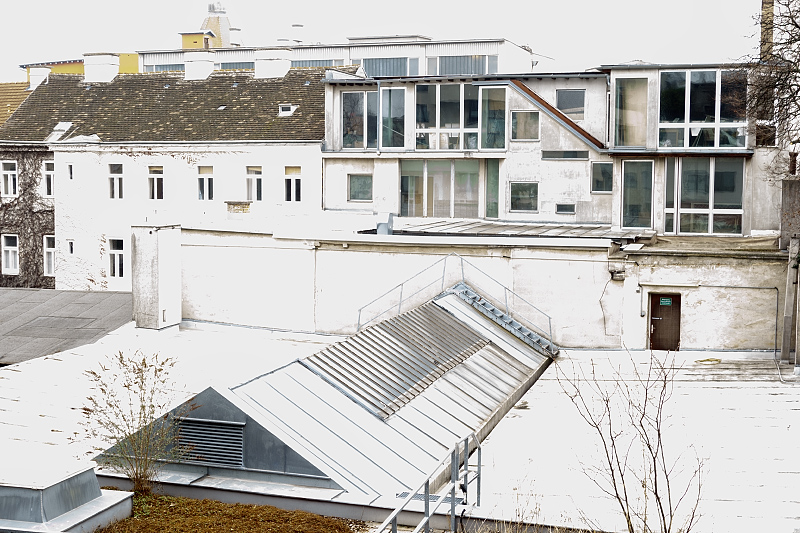
I think the difference is very clear and confirms my feeling that the D800 forgives me significantly more exposure errors than the RX100!
For the sake of completeness, I also did the test with an underexposed photo. Here again first the original images:
D800
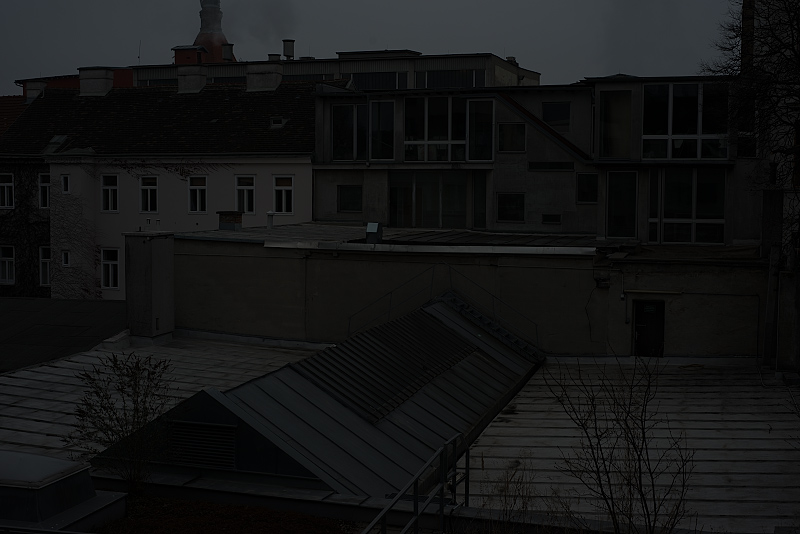
RX100
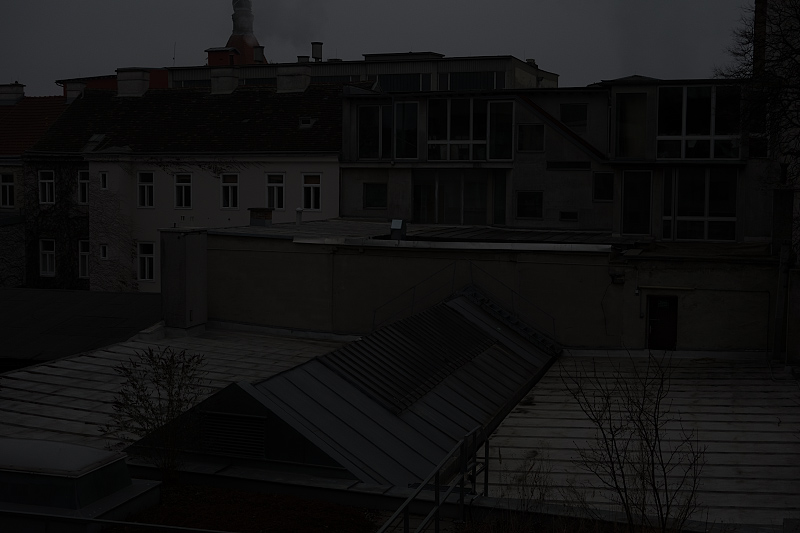
And here again the result after correction with Camera Raw:
D800
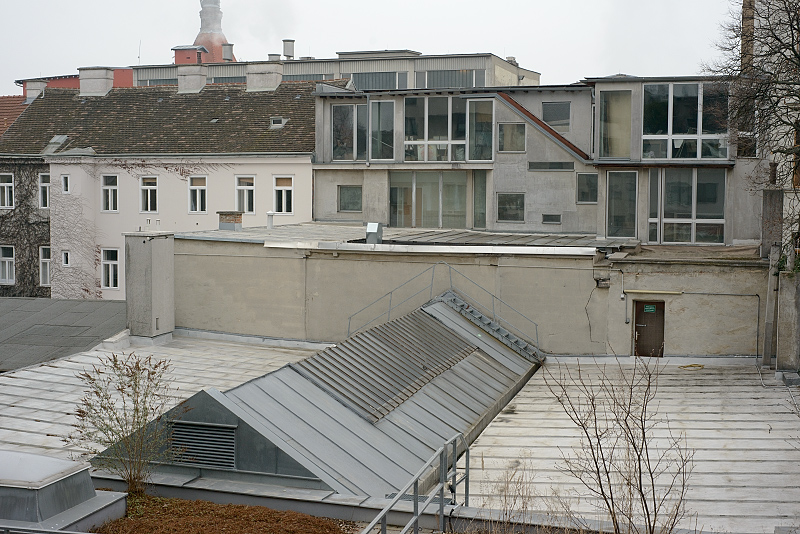
RX100
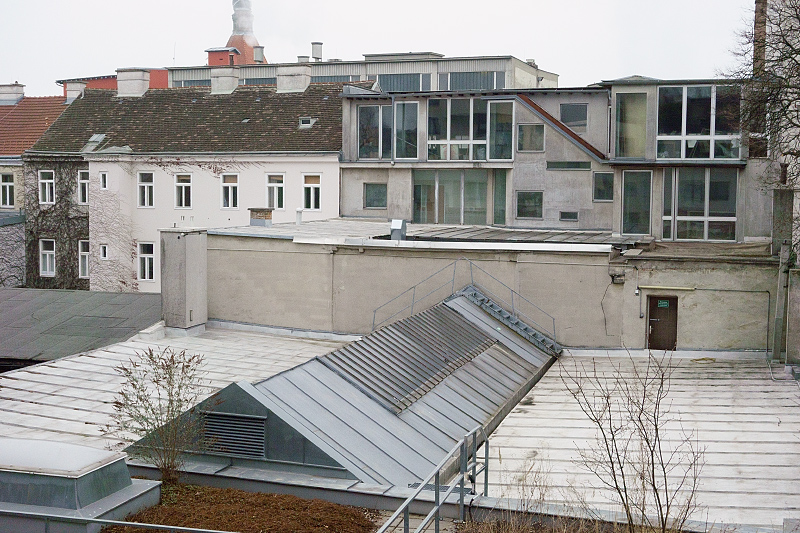
As you can see, both cameras perform very well here. This also confirms the general rule that you should underexpose rather than overexpose.
Of course, this is not a highly scientific test and I don't want to be pinned down to exact numbers. But I think you at least get a feel for what modern sensors can do. I think it's very impressive what you can still get out of the images, even if the RX100 can't match the full-frame sensor of the D800, especially when it comes to overexposure. In conclusion, I can say that my suspicions have been confirmed and I will have to be more careful with the exposure on the RX100 in the future. If in doubt, it's better to go a bit too dark.